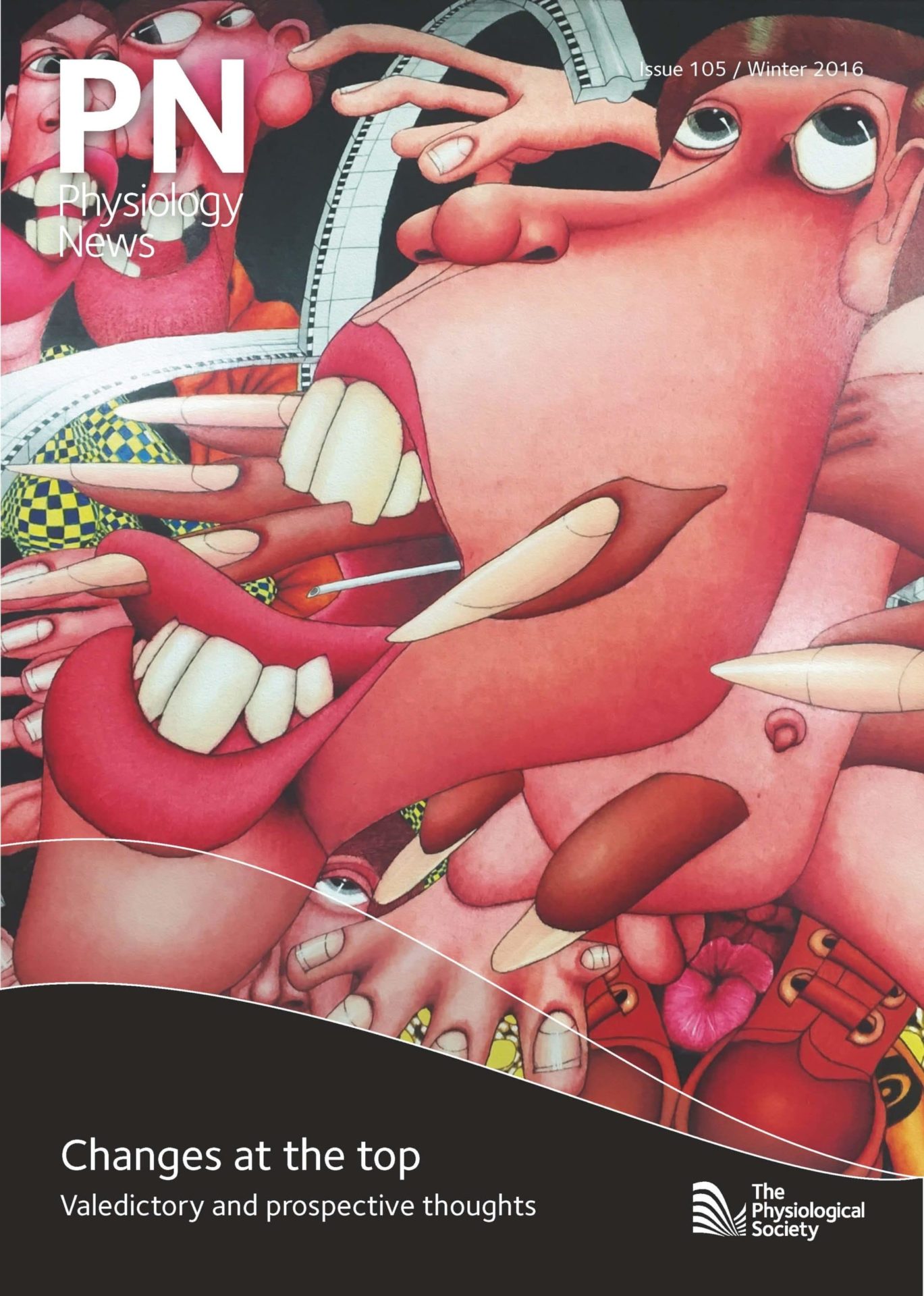
Physiology News Magazine
Meet our new Trustees
We welcome four new Trustees who were appointed in July 2016
News and Views
Meet our new Trustees
We welcome four new Trustees who were appointed in July 2016
News and Views
https://doi.org/10.36866/pn.105.10
Professor Bridget Lumb
University of Bristol
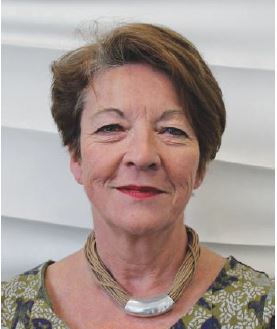
Proposed by Frank Sengpiel, Judy Harris, Sue Wray, Lucy Donaldson, Clive Orchard
My life would have been very different (and poorer!) if I hadn’t taken a gap year before taking up my intended BSc place to read Geography & Sociology at Manchester University. It was during that formative year in the late 1970s that I had my first exposure to Physiology; working as a research technician in the then Department of Physiology at the University of Nottingham. I was hooked, changed my degree course to Biological Sciences at the University of Birmingham where, after the first year, I specialised in Physiology and Neuroscience. I have never looked back.
My final year undergraduate research project was when I discovered my enthusiasm for science and the excitement of working at the cutting edge; of being able to ask, and hopefully answer, questions for the first time. There are many others who can say the same and I’m a huge supporter of student projects. Since that first exposure my research has focused on central nervous system mechanisms of pain, anxiety and fear.
My career is not what I expected at the start of the journey – I thought it was about being at the laboratory bench, I’m a scientist after all! An academic career is what you make it, it is multifaceted and if you are lucky you can explore all sorts of avenues that are intellectually stimulating and make best use of your skills. Along the way I’ve taken on diverse management and scientific roles.
A BSc and a PhD from the University of Birmingham were followed by eight years of research positions in Birmingham, Leeds and Bristol, before securing a Lectureship in Physiology at the University of Bristol in 1990 where, since 2008, I have held a Chair in Systems Neuroscience. I was Head of the School of Physiology, Pharmacology & Neuroscience from 2008-2015 and am currently an academic member of the University’s Board of Trustees.
Like most academics my day job encompasses teaching and research. The research has been funded since 1990 by RCUK and The Wellcome Trust and I’ve taught Physiology and Neuroscience for the best part of 40 years. One of the most enjoyable and satisfying aspects of the job is training students at an early stage in their careers and then watching them fly once they leave the nest.
I have a long association with The Physiological Society; presenting my first communication in 1983 and becoming a Member of the Society in 1990, the year I secured a lectureship and my first research grant – good things come in threes! I have held a number of significant positions within The Society which will equip me well for my new role as President Elect. These include, Meetings Secretary (2002-2006), Chair of the IUPS Organising Committee (2009-2013), Editor then Deputy Chairman of Experimental Physiology (1996-2003). In 2015 I was delighted to be elected as an Honorary Member of The Society. In the role of Deputy President of The Physiological Society I will endeavour to execute my remit of guarding the long term future of the Society, championing the discipline of Physiology and ensuring the highest possible standards of governance. I also hope to have some fun along the way.
Federico Formenti
King’s College London, Guy’s Campus
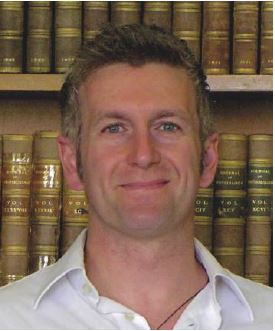
Proposed by Jeremy Ward, Keith Dorrington, Peter Robbins, Prem Kumar, Steve Harridge
I am arguably one of the most grateful members of the Physiological Society, through which I have met my wife. Beware any unmarried physiologist who is planning to attend the annual meeting! Jess and I met at the International Union of Physiological Sciences in 2013, in a potentially romantic city with more canals than Venice: Birmingham.
We were joined this summer by a little baby, Joy Nella, who bravely gave me my first practical class on the positive feedback mechanism of childbirth.
I attended my first human physiology course at the university in Verona, Italy, my hometown. The lectures were taught by the late Giampaolo Fantin, who made physiology simple and fascinating for the few curious students attending his Friday afternoon lectures. I then worked in a few rather different areas, starting with human locomotion biomechanics and energetics with Alberto Minetti at Manchester Metropolitan University. An adventurous scientific expedition on the Himalayas linked me to the world that lives with little oxygen, hypoxia. The enlightening Peter Robbins and Keith Dorrington stimulated my interest in exploring the role of the hypoxia-inducible factor in the regulation of human metabolism and respiratory physiology. Most experiments were performed in their laboratory in Oxford, in the less adventurous environment of a hypoxic chamber, from which one can see Mount Everest, but only in a picture on the wall. I was one of the Society’s Affiliate representatives during this time. After some time in Greg Anson’s department in Auckland, and a postdoctoral fellowship developing a rapid intravascular oxygen sensor with Andrew Farmery and Clive Hahn in Oxford, I joined King’s College London in January 2016. Here, I hope to continue a multidisciplinary research programme, and to be for many students as good a teacher and supervisor as those who guided my studies.
I am delighted and excited to join our colleague Trustees on Council. It is a great privilege and responsibility to guide the Society in achieving its charitable aims; I am interested to hear constructive criticisms from members who would like to suggest changes to the way the Society is run. I will support in particular the development of research and educational ideas. Meanwhile, I may start with something small, such as suggesting that we change the name of the ‘Unconscious bias’ courses to ‘Subconscious bias’. And I apologise in advance if I am ever found unconscious, and appear to behave in a very biased fashion.
Professor Graham McGeown
Queen’s University of Belfast
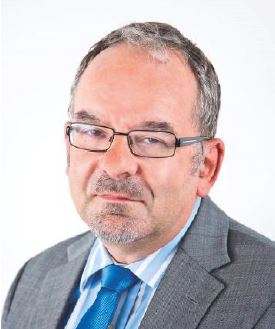
Proposed by Susan Wray, Ken O’Halloran, David Eisner, Stewart Sage, Prem Kumar
You never can tell how life is going to turn out! One’s professional life may look like it was all part of some strategic plan when laid out in a CV, but often the pattern is only clear looking back, like an already-completed puzzle.
That has certainly been my experience,at least. At secondary school, I so disliked biology I gave it up after 3 years to concentrate on maths and the other sciences. By sixth form I was set on a career in physics, when a forceful relative persuaded me to apply for medicine, as that was a ‘proper subject’. I now recognise that this was a dubious proposition but I was easily swayed back then. In those early years of study, however, physiology struck me as a subject which combined serious science with a desire to understand the body, something which attracted me then and still attracts me today. So, after a couple of years as a junior clinician and a PhD in physiology to go with my intercalated BSc, I settled down to an academic career that has kept me engaged and largely out of mischief ever since. I have been a full member of the Society since 1990 and have previously served on Council and Executive Committee, acting as Honorary Treasurer.
The widespread re-organization of British universities around research themes has, I believe, been a largely sensible strategy, but it does pose its own challenges, generating considerable existential angst as to what it means to be a physiologist. However, emphasising broad definitions that focus on the importance of function and control, rather than specific experimental approaches, reveals how central our interests are to all biology. Any biomedical science that does not embrace these ideas is a rather limited construct. From the explosion of molecular information through to rapid developments of functional imaging techniques, physiology is all around us in research and clinical practice. And many of the great challenges in biology, particularly those inherent to the study of complex integrated systems such as the brain or the whole body, take us back to the roots of physiology as a science that looks at the connectedness of things. If physiologists don’t put Humpty together again, who will?
That said, the concept of physiology as a body of knowledge and way of thinking is under threat. My sense is that relatively few young scientists identify themselves as part of the community of physiologists and the level of ‘name recognition’ among the general public for ‘physiology’ is possibly lower than that for subjects such as anatomy or microbiology. Of course, much of this is speculation and perhaps we need to do some research to find out just what the world thinks of us, if anything.
I believe The Physiological Society should play an important role in all of this, providing a virtual ‘home’ for those engaged in teaching and researching how life works, as well as promoting the excitement of it all to the public at large. For me, it will be both a pleasure and an honour to contribute to this as a Trustee and member of Council. Who knows how this ‘piece’ will affect the ‘puzzle’ that is my life but it will be fun finding out.
Dr Sarah Hall
Cardiff University
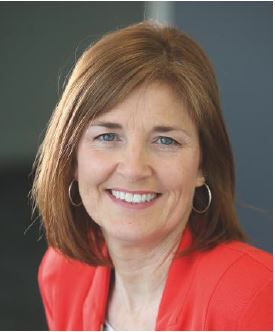
Proposed by David Miller, Daniela Riccardi, Rachel Tribe , Susan Jones, Judy Harris
I am a Senior Lecturer in Physiology at Cardiff University and am involved in physiology teaching and learning at all levels and across all biomedical science degree schemes, as well as the Medical and Dental courses.’ My research career was built on a foundation of electrophysiology, but more recently I have developed a primary focus on education. I remain connected to current research activity through my role as coordinator of the research placement ‘sandwich’ year degree schemes; I have a particular interest in evaluating the academic, professional and personal benefits of undergraduate research placements, and have established scholarship activity in this area. I also contribute to a range of education and outreach activities and am committed to engaging school pupils and the general public with the discipline of physiology and the activities of the Physiological Society.
I have been a member of the Society since 1996; I have served on Council once before and also on a range of committees. As a Trustee and Chair of the Education and Outreach Committee, I will work to uphold and foster all the aims of our Society, particularly those supporting teaching and learning of physiology and raising the general awareness of and appreciation for our discipline.
Editor’s Note: Sarah was for very many years a valuable member of the Editorial Board of Physiology News. (We had no term limit until recently.) I found her always very helpful and diligent, and would like to thank her for her particularly rapid writing of an article about Cardiff for the 2015 main meeting. I am sure she will be a brilliant Trustee.
